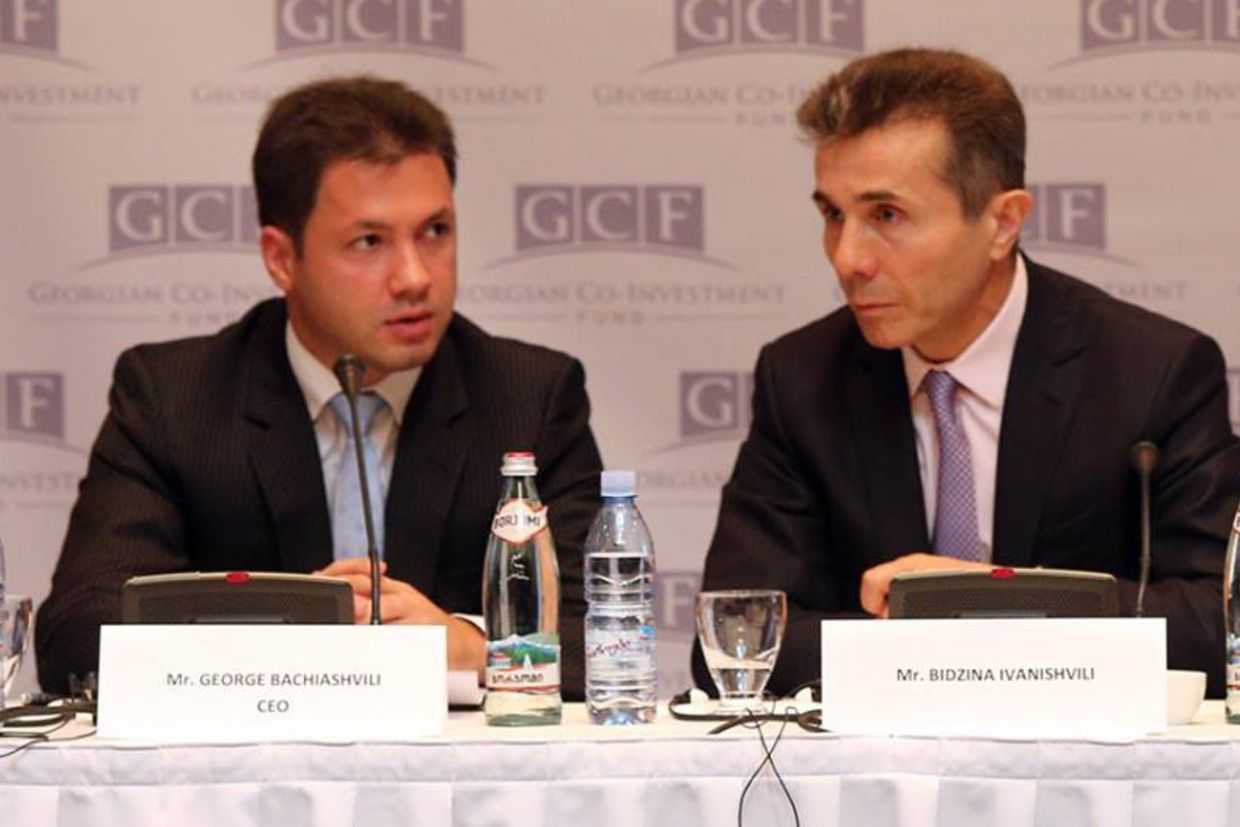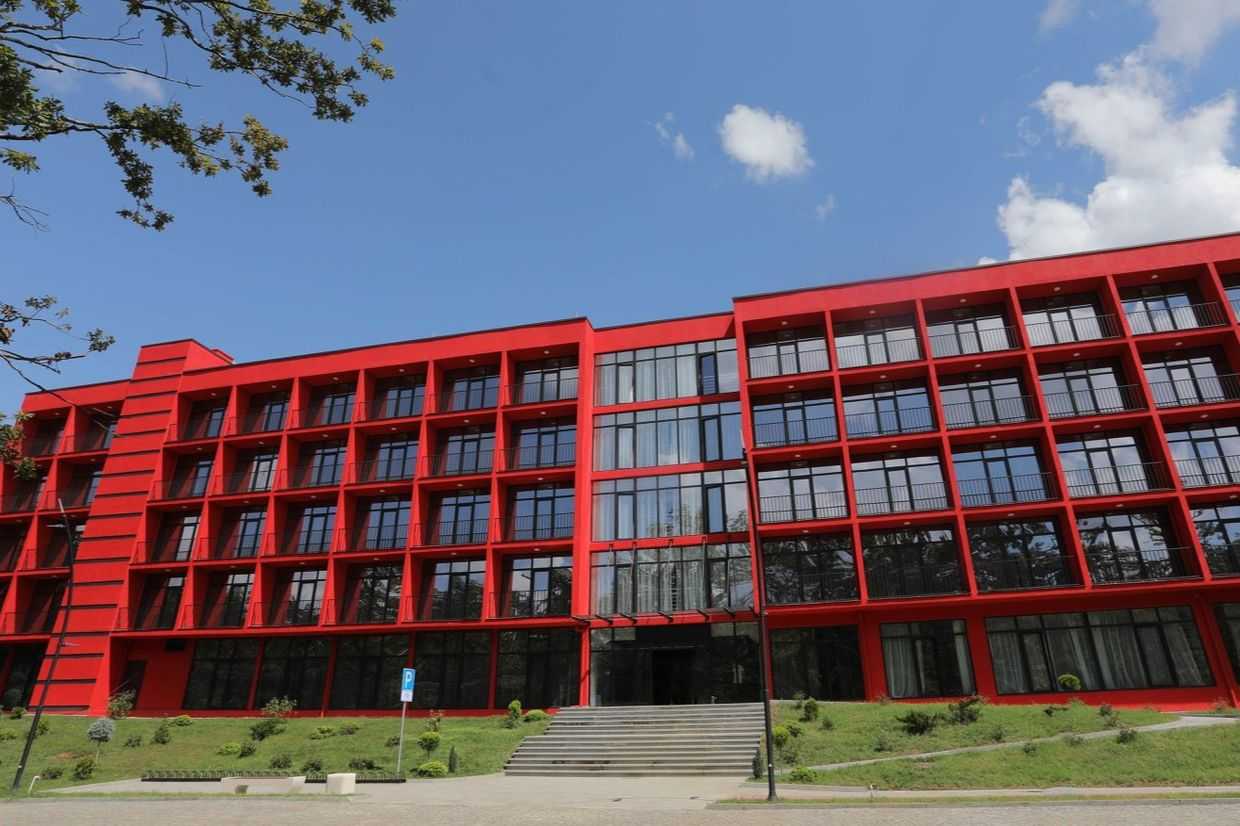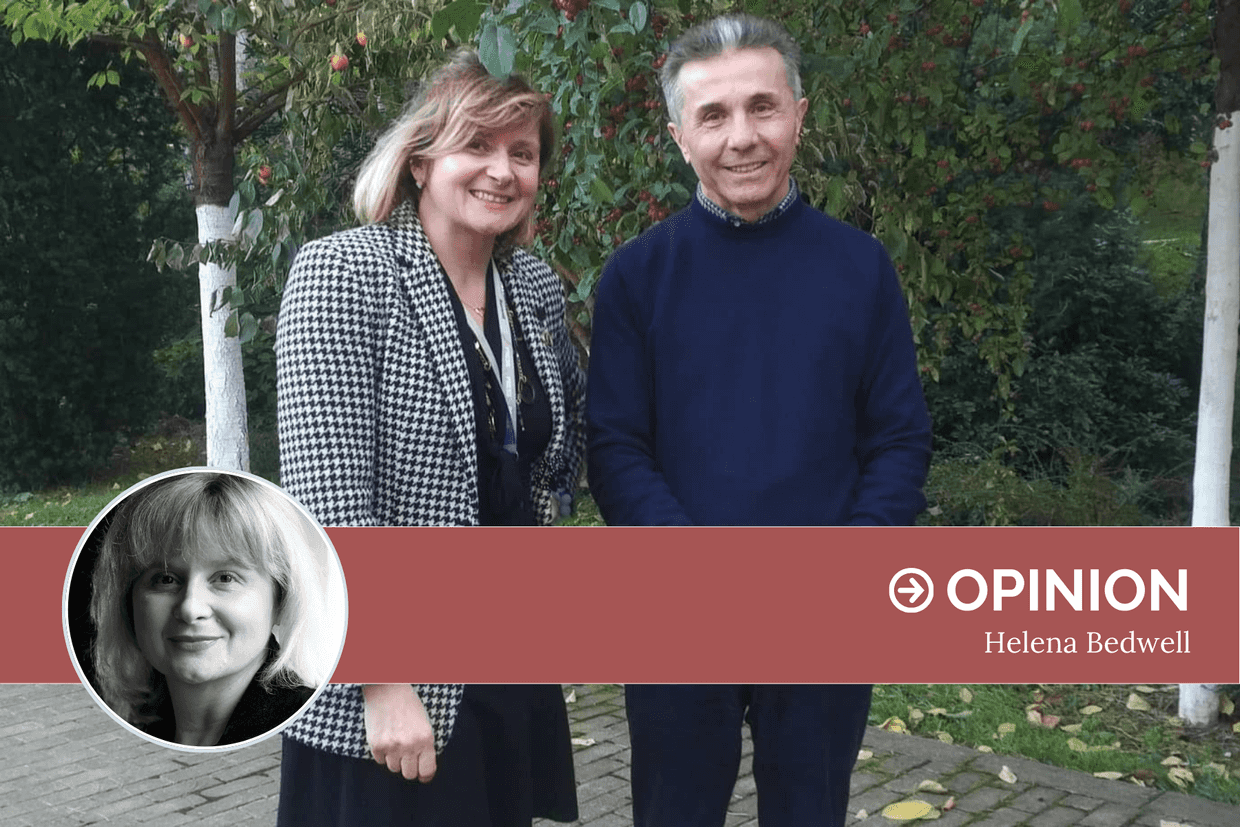Georgian Dream's ‘anti-oligarchy law’ set to bypass Ivanishvili and target his rivals
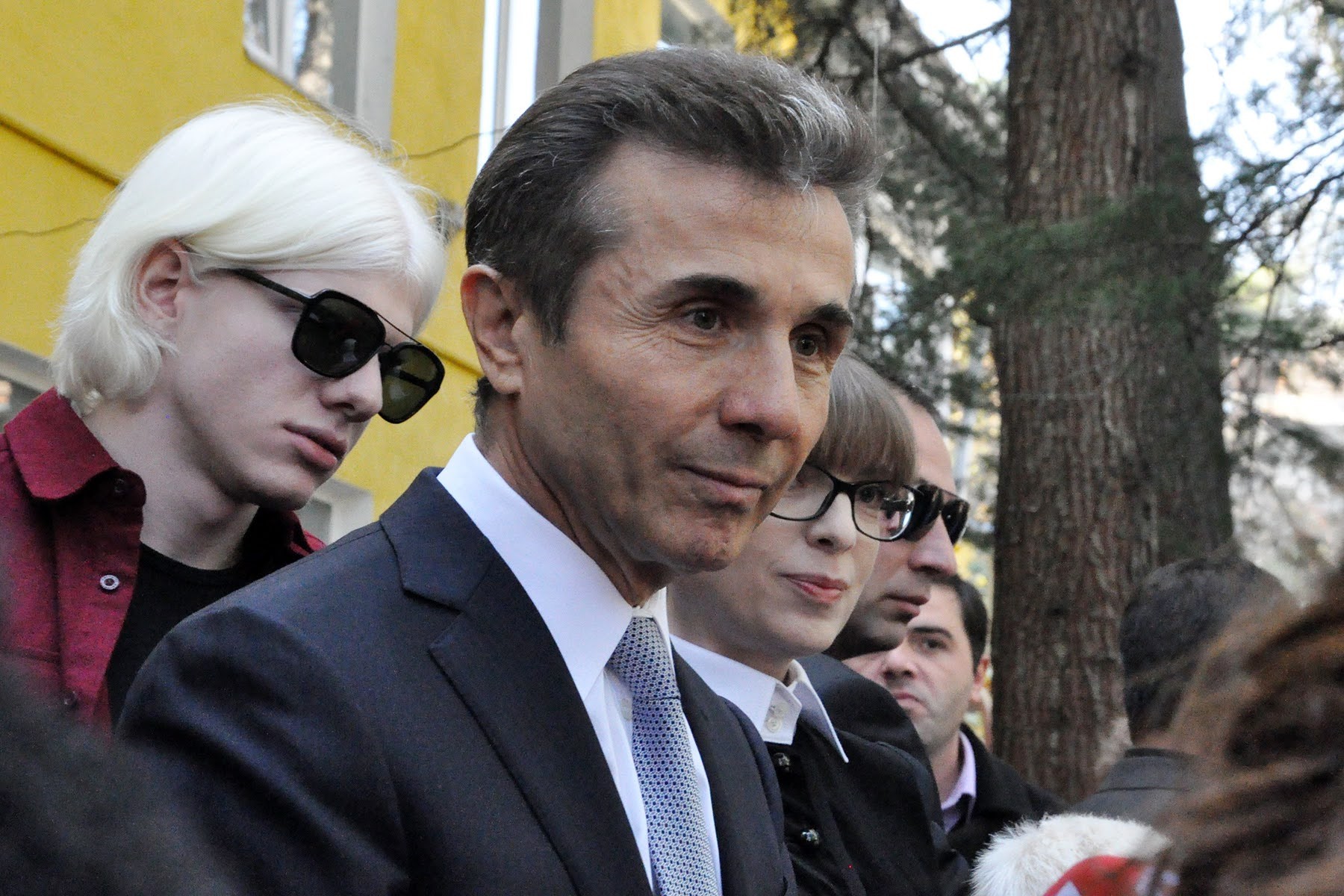
A proposed anti-oligarchy law aimed at curbing the political influence of the rich in Georgia, has been heavily criticised by opposition figures. It appears to threaten critics of the ruling party and leave its founder, Bidzina Ivanishvili, unaffected.
The draft package was introduced to parliament by Georgian Dream party on 10 October. It defines an ‘oligarch’ based on wealth, political and media influence, and being the beneficiary of a monopolistic business.
While anti-oligarchy measures were among the 12 blocks of recommendations given by the EU upon declining Georgia’s membership application in June, the proposed law has found more critics than supporters among local pro-Western opposition groups.

Parliamentary opposition groups the United National Movement (UNM), Lelo, and Reform Group have boycotted the parliamentary working group that has been drafting the bill since October, claiming it will target businesspeople supporting the opposition and not Bidzina Ivanishvili.
Consistent with that accusation, upon introducing their draft bill, Georgian Dream leaders did not hesitate to vow that the new anti-oligarchy law they are proposing would apply to persons including Davit Kezerashivli, a former Defense Minister and owner of the opposition-leaning TV channel Formula, and Mamukha Khazaradze, an ex-banker and the current chair of the Lelo party.
Ivanishvili, largely responsible for ousting the UNM-led government in 2012, formally left politics in January 2021 after returning from his first retirement in 2018. His net worth is estimated at $4.8 billion, more than a quarter of Georgia’s GDP.
Despite his alleged retirement, Ivanishvili has been widely accused by the opposition and civil society groups of maintaining de facto control over the government.
In 2020, watchdog group Transparency International Georgia claimed that Georgian Dream had ‘near-total control over all branches and levels of government’, and that Ivanishvili had ‘successfully managed to place key Georgian public institutions… in the service of his private business interests and security’.
Other opposition groups, including Girchi — New Political Center, the Citizens party, and MPs representing the For Georgia party have also criticised Georgian Dream’s draft law.
Criticism from Girchi, a libertarian party, stood out as they argued that Georgia did not need an anti-oligarchy law at all. They have said, however, that Ivanishvili influencing Georgian Dream while formally retired was problematic, but suggested that him formalising his political involvement would solve the problem.
Georgian Dream said they would pass an ‘anti-oligarchy law’ by December.
Who would qualify as an oligarch?
The draft law proposes defining an oligarch based on meeting at least three of four criteria: ‘participating in political life’, having a ‘substantial influence’ on mass media, being the ultimate beneficiary owner of a monopolistic business, and holding assets worth at least a million times the national monthly subsistence minimum, ₾247 ($88) at the time of writing.
While the draft law does not mention ‘monopoly’, it uses the language of the Georgian Law on Competition, which defines an enterprise in a ‘dominant position’ on the market as able to ‘substantially influence the general conditions of circulation of goods on the market and restrict competition’.
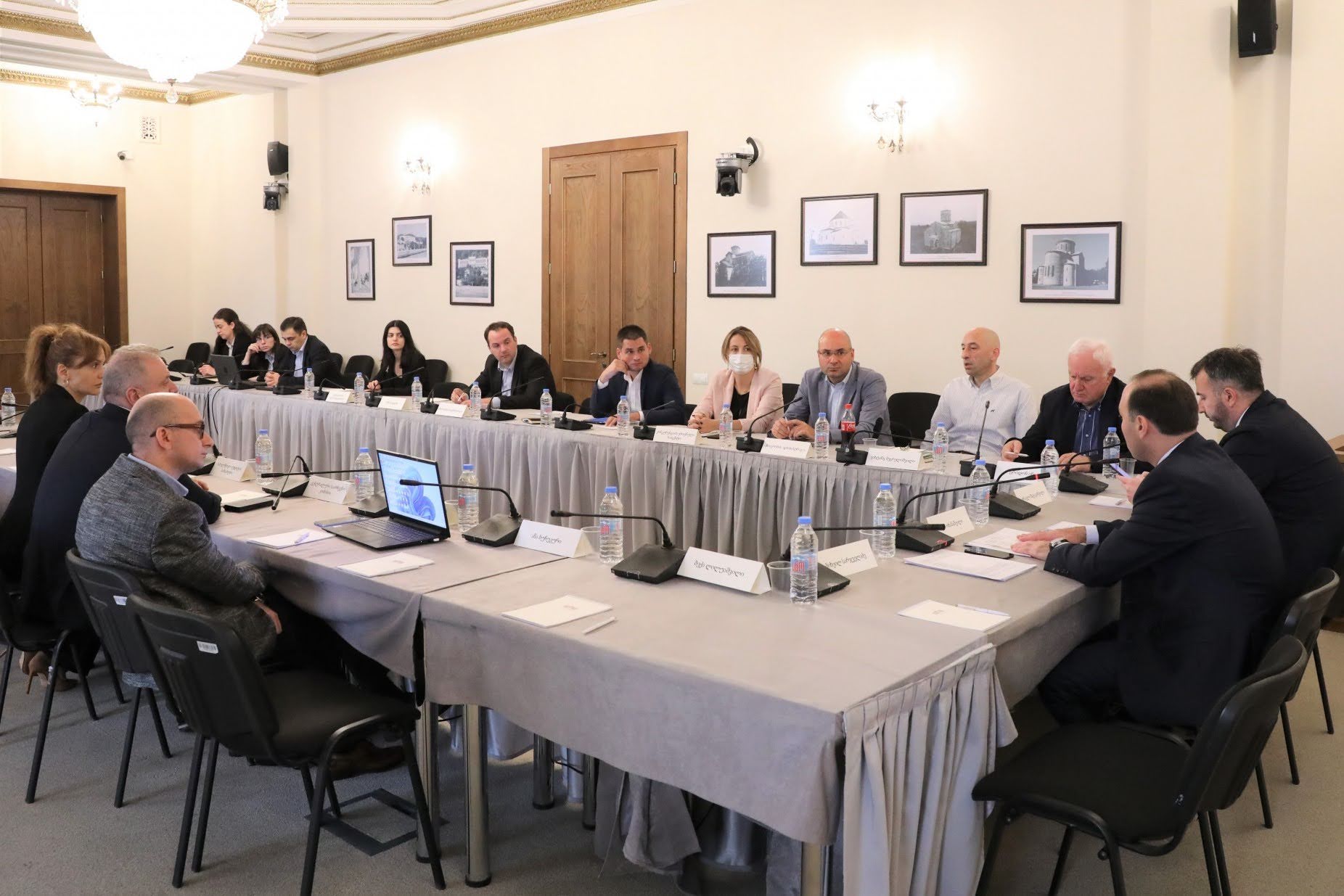
The legislation, if passed, would introduce a registry of oligarchs.
Once added to the registry, an ‘oligarch’ would be barred from financially supporting or providing a service to a political party, whether directly or through an intermediary entity.
An ‘oligarch’ would also be banned from materially supporting an election candidate and their campaign, including making donations and financing public demonstrations. They would, however, still be allowed to run for office themselves and fund their own campaigning.
The draft bill, tentatively called A Law On Deoligarchisation, also proposes to ban a person classified as an ‘oligarch’ from being an ultimate beneficiary of the ‘large-scale’ privatisation of state assets. The text of the draft law does not define ‘large-scale’.
Upon introducing the bill on 4 August within the working group, Anri Okhanashvili, the parliamentary chair of the legal affairs committee, cited a similar Ukrainian law as the model for the bill.
Ukraine’s Verkhovna Rada adopted a law on ‘the prevention of threats to national security related to the excessive influence of persons who have significant economic or political weight in public life (oligarchs)’ last September. When the law entered into force this June, Ukraine also created a registry of oligarchs.
Like the Ukrainian law, the Georgian version would be in force for 10 years and would also require that public officials declare any financial ties with oligarchs, even if an oligarch themselves fail to declare such ties on their part. However, unlike in the Ukrainian regulation, it would be the Georgian Parliament’s job to include and exclude the super-rich from the oligarch register.
In September, Ukraine and its National Anti-Corruption Bureau joined others in calling for Ivanishvili to be sanctioned.
[Read more on OC Media: Ukraine calls for sanctions against Bidzina Ivanishvili]
‘De-Bidzinisation’
Before the EU declined Georgia’s request for candidacy on 23 June, the European Parliament called for the EU and other democracies to consider personally sanctioning Ivanishvili for his ‘destructive role’ in Georgia’s politics and economy.
Following the decision in June, a group of MEPs noted that the recommendation to ‘implement the commitment to “de-oligarchisation” by eliminating the excessive influence of vested interests in economic, political, and public life’ referred specifically to Ivanishvili.
MEP Rasa Juknevičienė said that Georgia was under the rule of one person, speaking during a European Parliament session on Georgia’s progress on implementing the Association Agreement.
‘If Georgian Dream… don’t understand what “de-oligarchisation” means, mentioned in the European Commission proposal, I will help them to understand: it means “de-Bidzinisation” or “de-Ivanishvilisation” of Georgia’.
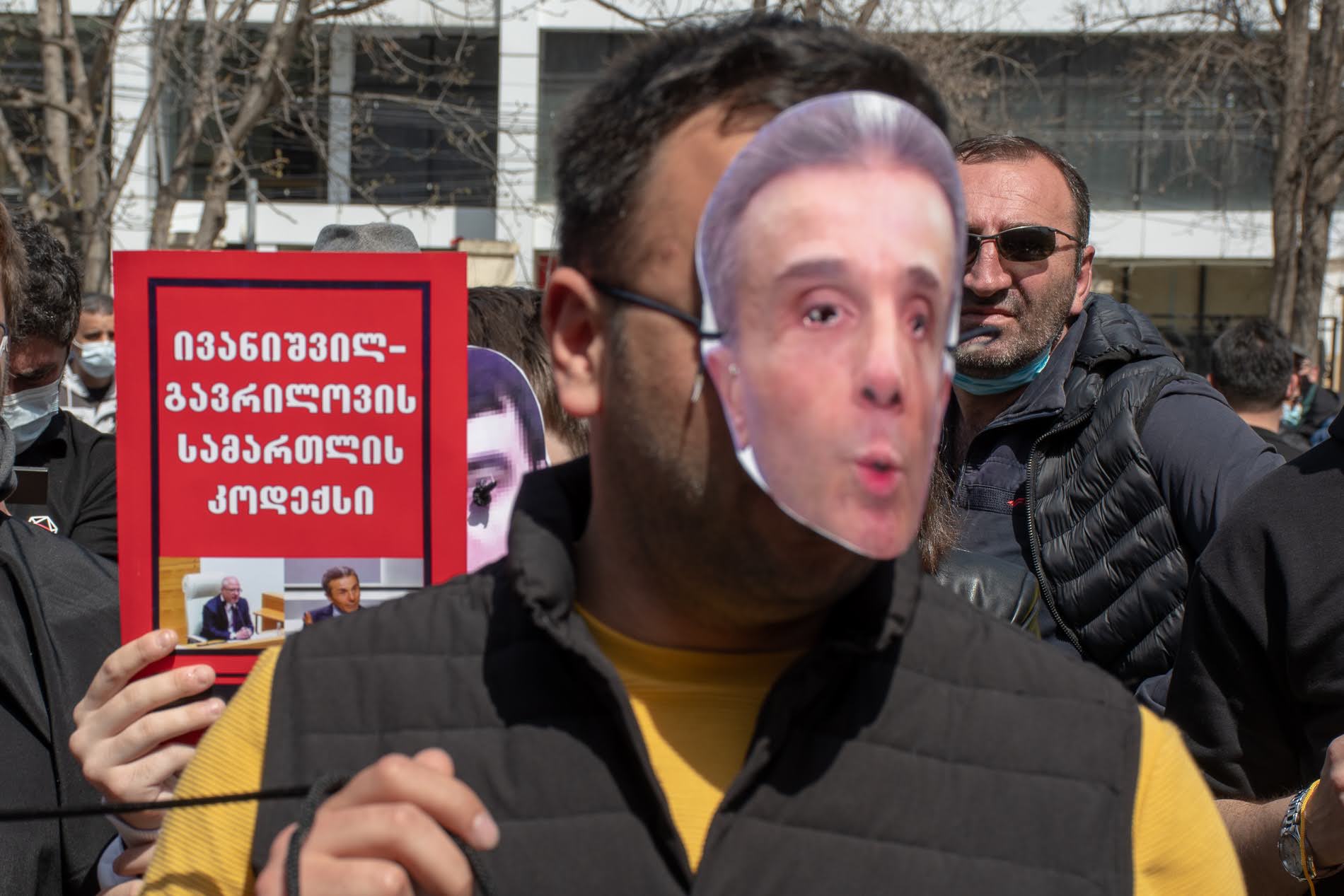
Natalie Sabanadze, a former Georgian Ambassador to the EU who is currently affiliated with the opposition For Georgia group, questioned if including ‘de-oligarchisation’ among the EU recommendations was a good idea in the first place.
‘It’s too open to interpretation’, she said at a 12 September. ‘It invites the government to create a process that will not deliver a result.’
‘They will sit there and discuss who is an “oligarch”, how it should be defined… It is just [an] invitation to a facade, a show,’ said Sabanadze.
Strategy Aghmashenebeli, an opposition group within the Reforms Group parliamentary faction, announced an alternative legislative initiative, which echoed that of Anna Dolidze, the chair of the non-parliamentary For the People party. Both have focused on the overrepresentation of those with past ties to an ‘oligarch’ in government positions.
Dolidze’s proposal, submitted to parliament in July but largely ignored since, specifically focused on Ivanishvili and his former associates who currently hold political office.
[Read more on OC Media: Anna Dolidze suggests ‘de-Cartuisation’ law for Georgia]
The new draft bill may also affect Georgia’s media landscape, as it introduces the idea of media ownership requiring an ‘impeccable business reputation’.
It would mean that anyone who owned a media outlet could not meet any of the four criteria of an ‘oligarch’, but could also not have a prior conviction or have any of their civil rights restricted by the court, not be sanctioned by a foreign state, and not be implicated in tax evasion, among other criteria.
The draft bill would leave it to the National Communications Commission to assess a media owner’s ‘business reputation’.
The provision is expected to trigger criticism as Georgian media watchdogs have rung the alarm in recent years over the ‘politicisation’ of the Communications Commission, including for imposing fines on media entities critical of the government.



